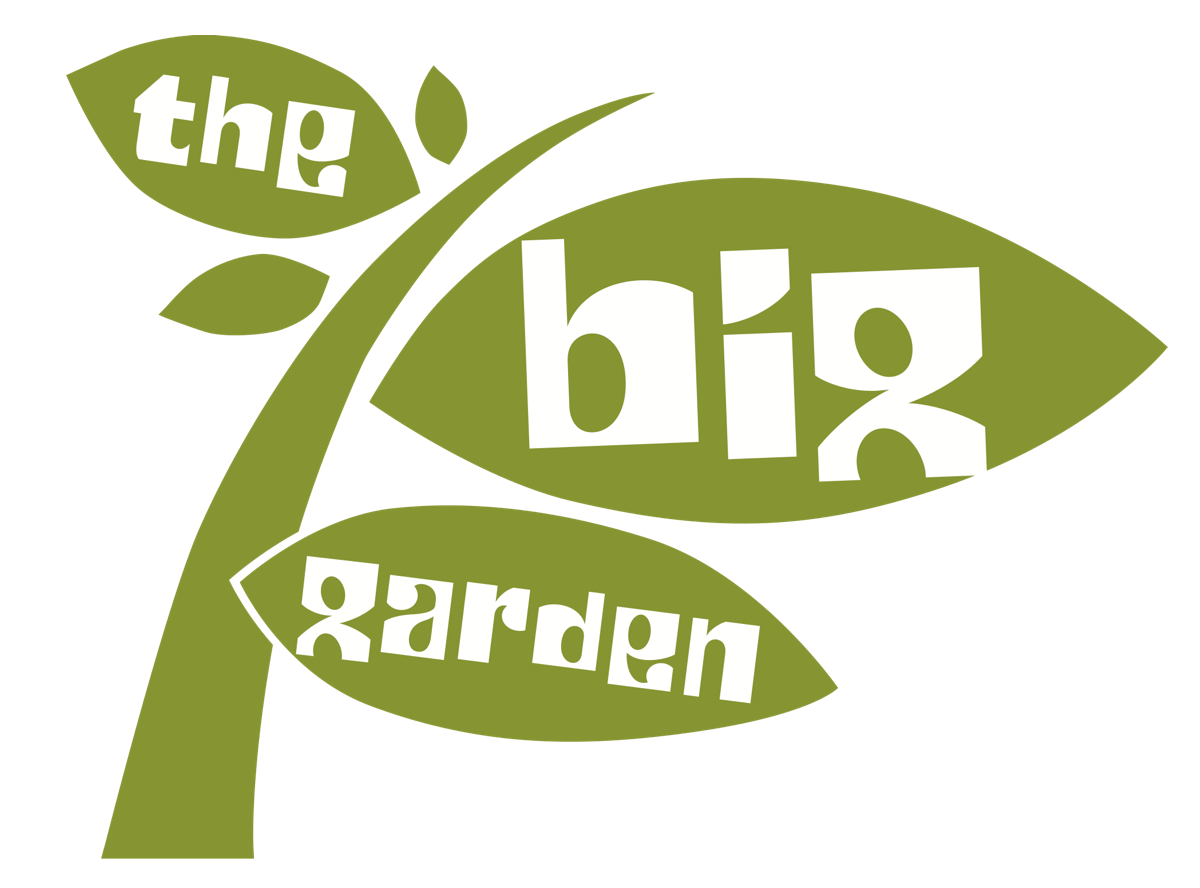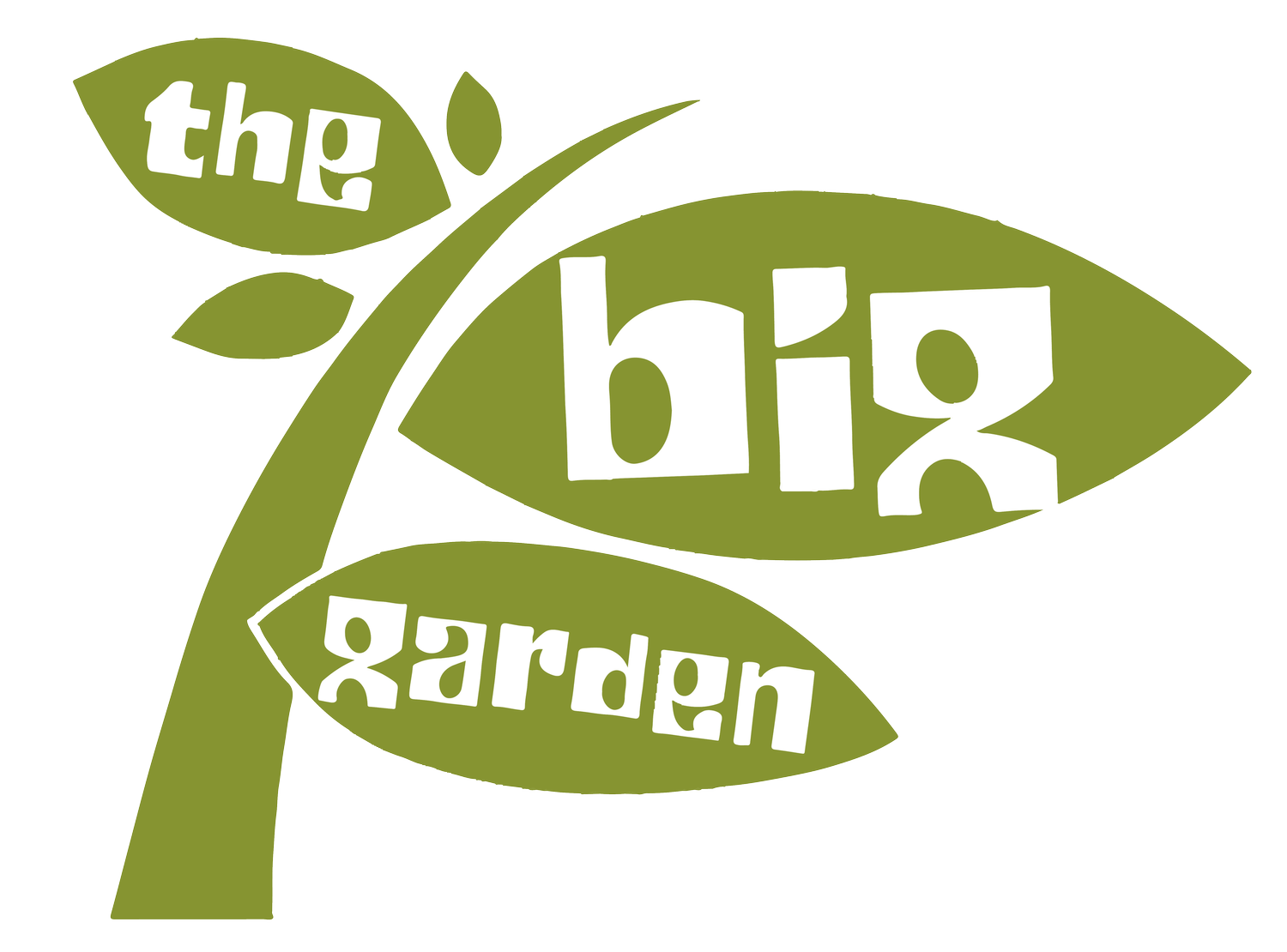Reflections on the Refugee Travel Ban
by Nathan Morgan, Executive Director
During my first week at The Big Garden nearly five years ago, I was working with a volunteer team of church youth from a small town in central Nebraska. We were helping a community of recent refugees from Bhutan with their new garden. At the time I didn't know that Bhutan was a country or where on Earth it was (turns out it is in central Asia, up high in the Himalayas near Nepal). These central Nebraskans worked side-by-side with central Asians, tilling up the garden, weeding and planting seedlings that spring Saturday. We didn't speak one another's language but with smiles, hand gestures, and some help from the Bhutanese teens who were quickly learning English, we got the garden in good shape. The rows were straight, the plants looked healthy, and there were lots of handshakes, bows, and even a few hugs shared over a job well done.
As we were packing up tools and getting ready to go, several elderly women, the Grandmothers, came out of the adjacent apartment complex with over a dozen cups of tea. It was their way of saying thank you for the hard work everyone had done. We all sat in a big circle sharing tea and stories as best we could. It was a powerful experience for us native Nebraskans, that transcended race, economic status, religion, language, and geography. It has stuck with me all these years.
The next summer I went back to that garden and talked with the president of the Bhutanese Refugee Association. He talked about how when he and the other refugees came to Omaha and were placed in their apartments, they were scared to go outside. After just a few days in their new homes, there had been a shooting in the parking lot. None of the refugees were involved, but it scared them just the same. Bhutan is an agricultural nation and many of the refugees had experience growing food. Dhurga, the refugee association president thought that a garden would be a great way to grow food, get his people outside, and build community. The Big Garden was honored to be able to help. After just one year of gardening, there hadn't been any crime in the apartment complex. The Bhutanese population in Omaha has gone on to open businesses, create jobs, and is beginning to be woven into the fabric of our community. We are grateful to work with them and have learned a lot about growing healthy produce from their expertise.
The Big Garden was planted by United Methodists. Our faith tradition is very clear that we are to welcome the stranger into our land. To do less is to be in violation of one of the basic tenets of our faith. The current ban on immigrants and refugees from selected majority Muslim countries is morally wrong, and people of faith must stand against it. Our United Methodist Church has taken a clear position on this issue. The Rev. Susan Henry-Crowe, General Secretary of the General Board of Church and Society, has released a statement in opposition to this ban. Harriett Jane Olson, Chief Executive Officer of the United Methodist Women has issued a statement as well. The Big Garden is proud to stand with our United Methodist colleagues in opposition to this ban on immigrants and refugees. I encourage you to contact your elected representatives and voice your opposition to this ban by calling the U.S. Capitol Switchboard at (202) 224-3121. Now is the time to stand up and make our voices heard.



